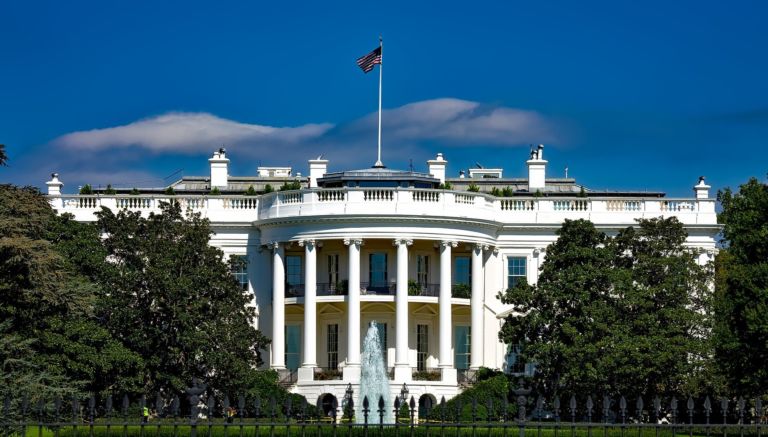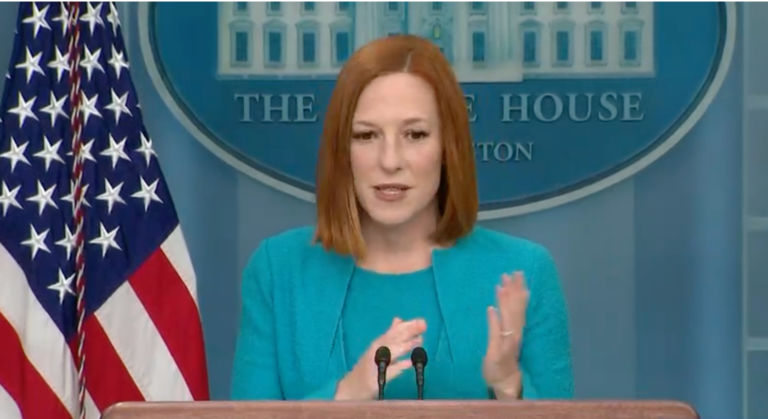With less than 48 hours to go, the Supreme Court of the United States extended the Trump- and COVID-era Title 42 restrictions, which allowed Border Patrol agents to expel the millions trying to get into the country illegally. The request for the extension, which was supposed to end on Dec. 21, came from 19 governors.
The decision, which was written by Chief Justice John Roberts, was welcomed by Gov. Greg Abbott of Texas, who’s state most often deals with the flood of illegal immigrants coming over the border.
In a Twitter post, Abbott said, “BREAKING: U.S. Supreme Court Chief Justice Roberts has HALTED the lifting of Title 42 for now. Texas and other states are insisting that the Court leave Title 42 in place. Today’s order is a step in the right direction.”
The continuation of the order is a big relief for towns and cities across Texas. The major of El Paso recently declared a state of emergency over concerns that more immigrants would surge the border after the restriction lifted. He claims that he did it to address the strain that the crossings are already putting on the city’s resources.
“I said from the beginning that I would call [a state of emergency] when I felt that either our asylum-seekers or our community was not safe,” Major Oscar Leeser said at a press conference on Saturday at El Paso City Hall. “I really believe that today our asylum-seekers are not safe as we have hundreds and hundreds on the streets, and that’s not the way we want to treat people.”
The city will reassess the state of emergency on Dec. 24.
This has become a bipartisan issue in the Lone Star State, with parties on both side asking for the government to have a plan to address the situation in the days leading up to the initial deadline.
“They’ve gotta have something in place,” Rep. Henry Cuellar, a Democrat who represents a border area in Texas, said on CBS’ “Face the Nation” of the Biden administration’s immigration plans for the end of the Title 42 policy. “With all due respect, I’ve looked at that plan. … It hasn’t worked.”
Illegal immigration is not an issue discussed much in North Carolina, but reports indicate that there may be as many as 325,000 people who are undocumented in the state.
While many are hard-working and looking to start a new life in this country, there remains serious questions about who is in this country, whether it’s a member of a drug cartel or a criminal.
In September 2020, U.S. Immigration and Customs Enforcement (ICE) announced that 19 aliens have committed voter fraud in the state and 12 criminal aliens were arrested on various charges. That represents just a small sample of some of the criminality and voter fraud that could be going on in the Tar Heel State. This infringes on the elections and puts citizens at risk.
Unfettered immigration is a problem not limited to the border, but across the country.


